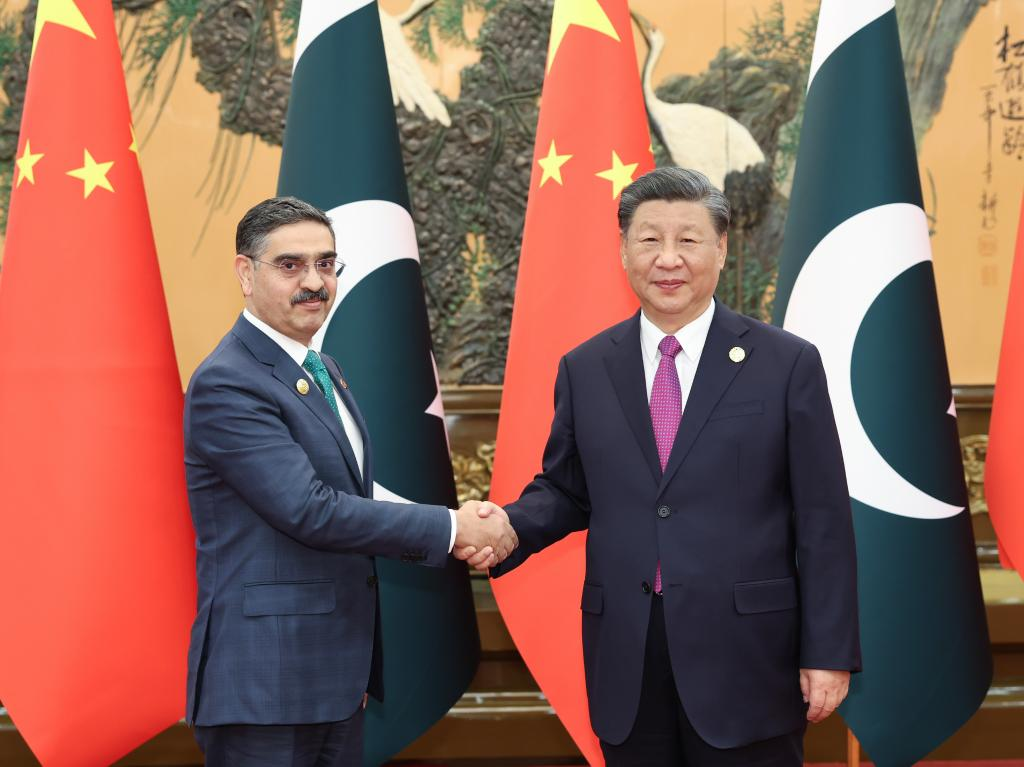NEW DELHI: Current naval thinking in India is focused on Pakistan’s acquisition of eight Chinese Yuan class diesel-electric submarines with Air Independent Propulsion (four are being built in Karachi and four in China), all of them to be operational by 2028. It has reinforced views about the threat from the China-Pakistan axis and the need to take counter-measures.
But London-based Pakistan social scientist Ayesha Siddiqa, author of the acclaimed Military. Inc (on the country’s military-dominated economy) argues that China-Pakistan ties are complex, and just because both have problems with India does not mean they will come together.
At a virtual interaction organised by the ORF, she maintained that Islamabad remained committed to its “middle-of-the-road” strategy where it sought to strike a balance between China and the West.
“Pakistan has not benefited from the New Cold War in the way India has. In the previous Cold War between the US and USSR, Pakistan was certainly a beneficiary but in this new Cold War, the US-China competition does not benefit Pakistan because it wants to maintain a balance,” she said. Pakistan is engaged with China as an “engagement of the last option which is driven by its big neighbour, India. China is the only option to get technology now for Pakistan because it does not have the money.”
She pointed to the previous Imran Khan government, which with the army’s backing, slowed down China’s projects in the country underscoring fears that these could result in Beijing’s disproportionate influence. China too has reservations. Witness Chinese investment in CPEC earlier projected at $60 billion, it turns out these are only $26 billion.
In 2019, Pakistan’s then Army Chief Qamar Bajwa created ripples during a speech at the IISS where he said, “Pakistan had genetic ties to the West.” It is not just the West. Pakistan turned down China when it leased out Karachi port to the UAE for 25 years. Today Qatar is managing Islamabad airport and talks are underway to run the terminals at Karachi and Lahore airports as well. China had again bid for this deal, as it turns out unsuccessfully.
More interestingly, says Siddiqa, the British High Commissioner and the American ambassador to Pakistan have toured Gwadar in the past year and a half. This would have been unheard of three years back.
Siddiqa believes both countries are hesitant to get involved with one another on larger strategic matters.
“When Galwan happened there were some people within the larger strategic community in Pakistan that hoped that this could be a joint operation. But China did not take Pakistan on board because it believed that it could use various pressure points against India by itself,” she said, adding that “It does not need Pakistan for that. Significantly, Pakistan has not offered a base to China because it does not want to raise tensions or give up its middle-of-the-road strategy.”
Siddiqa’s contentions were countered by former Indian High Commissioner to Pakistan, Sharat Sabharwal, who pointed out that with its economy collapsing Islamabad needed to make hard choices that could affect its middle-of-the-road strategy. Pointing out that 70% of Pakistan’s arms still come from China, Sabharwal said that India needed to remain cautious. “This balancing act is very hard to continue for Pakistan. It used to benefit both countries but now it is coming to a stage where Pakistan needs to make hard choices. Can it afford armaments from China when economic conditions are collapsing? That is something we will have to watch and see.”
Ashok Kantha, former ambassador to China, was also not persuaded that Pakistan was trying to occupy a strategic middle ground between China and the West. “The nature of relations between China and Pakistan is very different from the relations Pakistan can hope to have with the West at this point in time. We have to bear in mind the possibility of a naval base in the long term in Gwadar or Karachi being acquired by China.”
Kantha added, “China will use these strategic assets in Pakistan because this is a disadvantage it has with the US, an absence of a network of bases. In a military situation, Chinese strategic aircraft will be used from the Gwadar airport when it is finished. Type 039 submarines will be manufactured in Karachi port which will also be very useful to the Chinese. We can’t be unmindful of these facts. China-Pakistan linkages will continue to expand and acquire new characteristics. Any defence plan we come up with will have to work on that basis.”
















